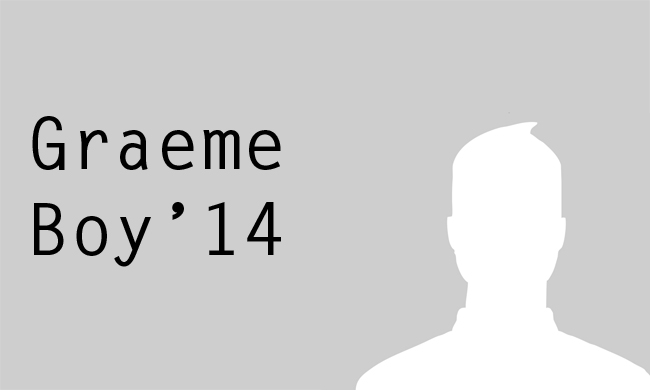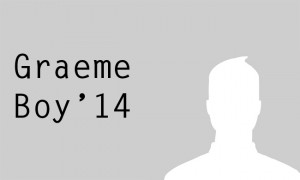I write this article with the belief, which I hope every reader shares, that the underlying purpose of Drag Show, with all of its glamour and flare, is to demonstrate and increase support for our LGBTQ community. Before coming to Grinnell, I was not acquainted with such a community. My traditional all-boys school was founded on a sort of Muscular Christianity, and “coming out” wasn’t a thing, to say the least. With regards to these issues, being a part of the first post-Apartheid generation in South Africa seemingly had little effect on the sentiment of many of my peers. Doubtless, being a passive member of a generation or community does not guarantee the adoption of its values; some identification and action is required. If we agree on this point, about identification, we may use it to maintain the effectiveness of Drag Show in its goal, as a growing number of students audition to perform. The reason for concern is that, as I have been told, QPOC is under increased pressure each semester to cut groups who audition (as there is only place for a certain number), and they might favor members who are in the LGBTQ community over those who are not. This is entirely understandable, but, as I have hinted, it may be counter-productive. I will illustrate this point with an anecdote.
In the second semester of my first year, my friend Christian Loggins ’12 requested I be a part of his Drag Show performance. I had little awareness of the social importance of Drag Show then, but it sounded like there was fun to be had. And there certainly was. Wracked with fear, and perhaps a sense of exhibitionistic excitement, I strutted onto stage, “scantly clad,” in front of a mob of rowdy Grinnellians. I was glad to have Christian guiding me (literally; he dragged me by a chain, tied to a dog-collar around my neck. Ha-ha.) At the end of this dramatic performance, my views on the legitimacy of various sexualities had not changed (they were entirely compatible with the show in the first place), and neither had my own sexuality. I was still just a heterosexual boy with a narrow sexual curiosity (not to sound too apologetic about it.) But something important had changed: my identification with the LGBTQ community. Of course, I am not part of this community, since I am not LGBT, or Q. However, the courage exerted and enjoyment found in performing that night had established in me a sense, as much as it ever could, of real involvement in LGBTQ discourse. I have far deeper ties to this community now than just Drag Show. However, it is because of such inclusive experiences that whenever I hear, say, a homophobic slur, it is not just my deepest values and some of my best friends who are being insulted. It is also my own behavior that is being rejected, and, as unromantic as it may seem, this adds some weight. The point I want to make is that if QPOC decides to cut non-LGBTQ performers from Drag Show, this kind of transformative experience will be lost. Indeed, the more of these events that we can have, in which a diverse sample of our student population acts out its support of minority communities, the more we can drive commitment to making Grinnell safer and more accepting.
So, I suggest that QPOC take care in not preferentially picking members of the LGBTQ community to perform in Drag Show. At the least, QPOC should always allow some hetero-normative students, especially those in younger years, to go all-out in public support of the LGBTQ community. Keep it a Grinnellian performance, rather than a presentation by the LGBTQ community. This isn’t to suggest robbing this group of one of the few spaces in which its members may feel that a certain kind of expression is safe and appreciated. But I posit that keeping those, who might otherwise just be observers of the show, active in the event, grants it transformative potential. My ideal performance is actually one in which members of the LGBTQ community collaborate with a few members outside of it (as it stands, this is often how it happens.) Finally, I also want to share my fear about keeping Drag Show inclusive in the way I am suggesting. This fear is that Drag Show will lose some of its political significance and seriousness. However, I do not see that happening as long as Drag Show continues under its current leadership and organization.





























































